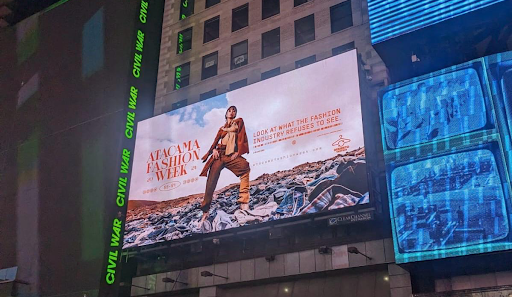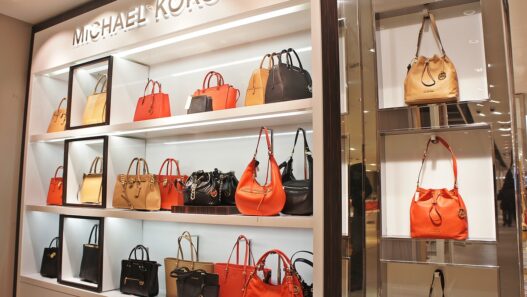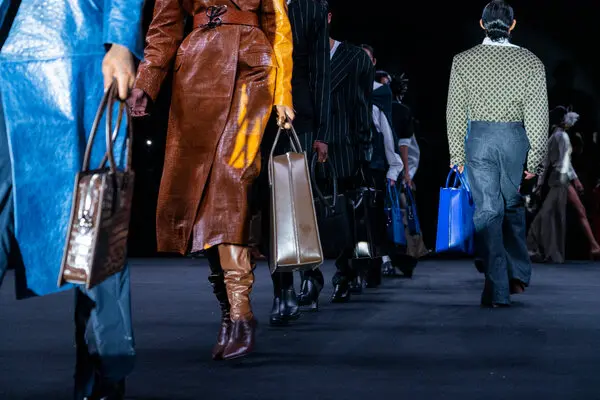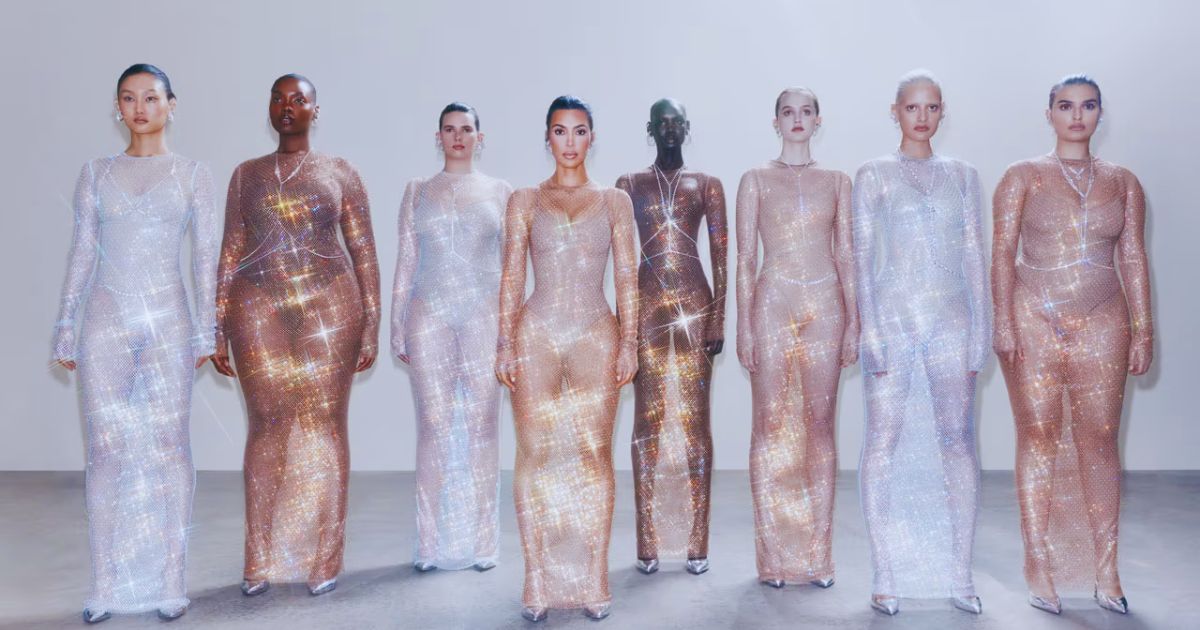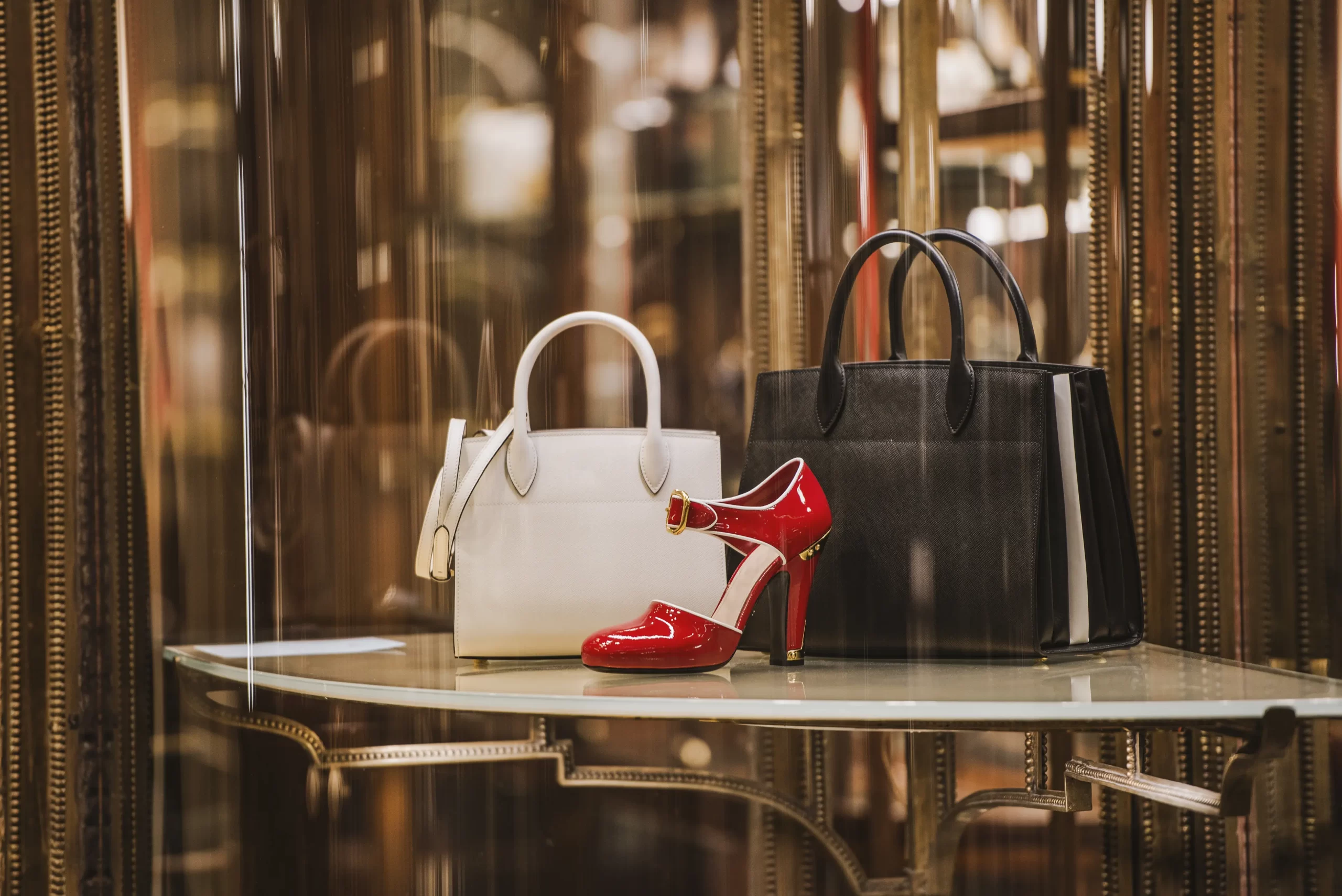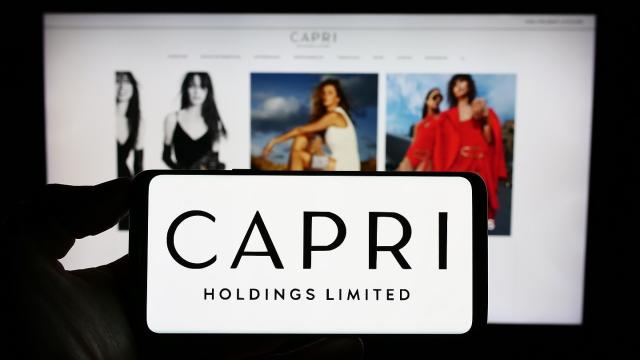The fashion industry looks a little bit like this: Behind pristine windows showcasing glamorous dresses and trendsetting shoes is a backroom of competitive business and complex lawsuits. Big brands, in efforts to protect their most innovative designs (and the commercial benefits that come with them), often find themselves locked in legal disputes over intellectual property rights. This encompasses everything from copyright to trademark issues to patent licensing and event geographical indications – anything under the sun that ensures the creative genius of fashion creators is protected from plagiarism.
As we dive into the whirlwind of 2024, it’s clear that this year has been as tumultuous as any, with the fashion world continuing to expand and evolve. Legal battles are becoming increasingly intricate as fashion law and regulation advance at a rapid pace. With 2025 just around the corner, let’s take a look back at the Top 10 Legal Battles of 2024 to gain insight into the future landscape of fashion law.
Griffin v. Guess?, Inc.
Fashion retailer Guess was accused of unauthorised use of graffiti tags for their graffiti-inspired clothing line in January 2024. The street artists, whose graffiti was used, filed this lawsuit with the claim that Guess’s actions constituted intellectual property theft in an “effort to lend credibility and an air of urban cool” to their clothing line through the unlicensed and nonconsensual use of the unique graffiti and street art created by these artists. In particular, a big issue arises with the artists’ reputations being injured when consumers are falsely led to believe that the artists had collaborated with Guess, earning them insults branding them as “corporate sellouts” who have “traded their artistic independence, legacy, and credibility for a quick buck.” Although this case has a long line of predecessors with fashion giants such as Coach, The North Face, H&M and American Eagle Outfitters also having had found themselves in disputes with renowned street artists, it is too early to predict an outcome from this case.
Tina Cavalleri et al v. Hermes International
On 19 March, two Californian shoppers filed a class-action lawsuit against Hermes, spurred by their failed attempts to buy the ever-so exclusive Birkin Bag. Their complaint regarding the company’s violation of antitrust law was built on the grounds that Hermes was withholding the bag to only be sold to the highest-spending consumers. Cavalleri argues that the hefty sum of money she had spent on Hermes was used to buy what she describes as “ancillary products” that she “had been coerced into purchasing” in her efforts to buy a Birkin Bag. The problem here lies in the practice of “tying”. By reserving exclusive items from consumers until they fulfill the condition to buy other products from the same business, Hermes runs into dangerous territory in regards to antitrust law. The outcome of this litigation may very well set a vital precedent for other luxury brands such as Rolex and Porsche that have built business strategies around the concept of “tying”
Federal Trade Commission v. Tapestry Inc. and Capri Holdings
This October, the U.S. Federal Trade Commission (FTC) achieved a preliminary injunction against Tapestry Inc.’s acquisition of Capri Holdings. The FTC argued that this merger would reduce competition in the “accessible luxury” handbag market. A key issue in the case was the definition of “accessible luxury,” which the FTC characterized as a market segment located between “mass-market” and “true luxury” handbags. Judge Rochon, who presided over the case, accepted this definition. He noted that text messages exchanged between executives from Tapestry Inc. and Capri Holdings, wherein they dismissed the idea of competing with “true luxury” brands, indicated an anti-competitive stance from the companies. Ultimately, the FTC’s success in this case has significant implications for future antitrust matters, as it may encourage the FTC to adopt a more aggressive approach in scrutinizing other mergers by challenging product market definitions.
Levi Strauss & Co. v. Brunello Cucinelli USA
The iconic rectangular pocket tab trademarked by Levi Strauss & Co. became a point of contention when the Italian luxury fashion house Brunello Cucinelli began using “nearly identical copies” of this design. Filed in January 2024, Levi’s lawsuit argued that Brunello Cucinelli’s usage of the design would dilute their brand identity and confuse consumers, especially since the trademark for these red tabs dates back to 1938. Although the details of the settlement reached on May 7 remain confidential, this case underscores the importance of protecting intellectual property in the fashion industry, emphasizing attention to logos, designs, and labels, rather than solely focusing on final products.
Rhode-NYC, LLC v. Rhodedeodato Corp
Rhode-NYC, LLC was established in 2014, and in 2022, celebrity Hailey Bieber launched her skincare line called Rhode. Interestingly, Bieber’s team had previously approached Rhode-NYC to acquire the trademark name, but the request was refused. Following the launch of Bieber’s skincare line, Rhode-NYC filed a lawsuit against Bieber for trademark infringement and unfair market competition, arguing that her use of the name Rhode would confuse consumers. On March 2024, this trademark infringement lawsuit (which was initially filed in 2022) was reopened by Judge Hellerstein of the Southern District of New York. Eventually, Rhode and Bieber reached a confidential settlement, allowing both parties to continue using the name Rhode for their respective brands. This outcome indicates an increasing trend towards coexistence agreements in resolving trademark disputes within the fashion industry, a trend likely to persist in the future.
Lululemon Greenwashing Lawsuit
In July 2024, environmental advocacy organisation Stand.eart files a complaint against Lululemon for its greenwashing of its products. Filed on the basis that Lululemon’s ‘Be Planet’ campaign misleads consumers into believing in the company’s effort in “restorig a healthy planet”, Lululemon is criticised for its greater contribution to climate pollution, releasing “more planet-harming emissions every year than half a million cars.” This misleading branding leads Lululemon into trouble with the French Consumer Code as these claims constitute a misleading commercial practice. Moving forward, it can be seen that the rising demand for sustainability within the fashion industry may have prompted businesses such as Lululemon to make themselves out to be much more green than they actually are in reality. Following this, the increasing action by NGOs as well as other stakeholders to combat greenwashing, particularly that of large companies, becomes much more explainable.
Shein v. Temu
With a history of lawsuits exchanged between Shein and Temu, Shein filed a fresh new lawsuit in August 2024 with the claim that Temu is “an unlawful enterprise built on counterfeiting, theft of trade scerets, infringement of intellectual property rights, and fraud.” Breaking this down, much of Shein’s complaints centered around the sale of Shein knock-off products that were allegedly produced from the procurement of Shein trade secrets by Temu employees. Moving on, the creation of fake Shein accounts on social media by Temu employees and the use of the Shein trade marks in Google ads to promote Temu were also activities criticised by Shein as fraudulent behaviour intending to “misdirect customers away from the Shein platform to the Temu platform”. Despite this, Shein has caught much fire for suing Temu over the very copyright infringment activities it has also been accused of engaging in by other fashion brands in the past.
Johnna Pomasan v. Alvin Valley
In October 2024, Palm Beach businesswoman Johnna Pomasan filed a lawsuit against fashion designer Alvin Valley, claiming that he had scammed her and her husband into loaning 640,000 dollars to the fashion brand Alvin Valley. Approached in Spring 2023, Johnna and her husband had agreed to the loan under the false impression that Velly would honour the convertible promissory notes used to secure the loan. As of December 2024, though the case remains ongoing, it still draws attention to the challenges of financing as well as the vulnerability of investors within the fashion industry. Moving forward, there could be some new efforts by regulatory bodies to tighten regulations for private fundraising practices within creative industries such as in fashion.
Benefit Cosmetics, LLC v. E.L.F. Cosmetics, Inc.
In December 2024, Judge Richard Seeborg ruled in favour of E.L.F. Cosmetics in a lawsuit filed by Benefit Cosmetics. Benefit had claimed that E.L.F.’s “Lash ‘N Roll Mascara” infringed on its trademark for the Roller Lash Mascara. The court determined that Benefit did not provide sufficient evidence that consumers were confused between the two products. Specifically, the ruling highlighted that intent to copy a product does not necessarily imply intent to deceive consumers. This case sets a precedent for companies suing competitors for trade dress infringement and emphasizes the need for solid proof that product similarities are likely to confuse consumers.
Federal Trade Commission v. Amazon
In May 2024, the Federal Trade Commission (FTC) filed a lawsuit against Amazon, alleging that the company was trying to monopolize the online retail market. The FTC’s main arguments centred on claims that Amazon was overcharging consumers, increasing seller fees, and advertising in a manner that degraded its service. However, these claims contradict commercial data analyzed by Dr. George S. Ford, Chief Economist at the Phoenix Center, which indicates that Amazon’s prices were approximately 3.5% lower than those of Walmart and Target. Dr Ford’s analysis suggests that the FTC’s claims may be unfounded and points to a potential setback for the neo-Brandeisian antitrust movement, which argues against the existence of large companies as inherently harmful. Regardless of the outcome, the FTC’s lawsuit against Amazon is likely to have a lasting impact on the future of antitrust enforcement.
Author Name: Arianna Saiful



